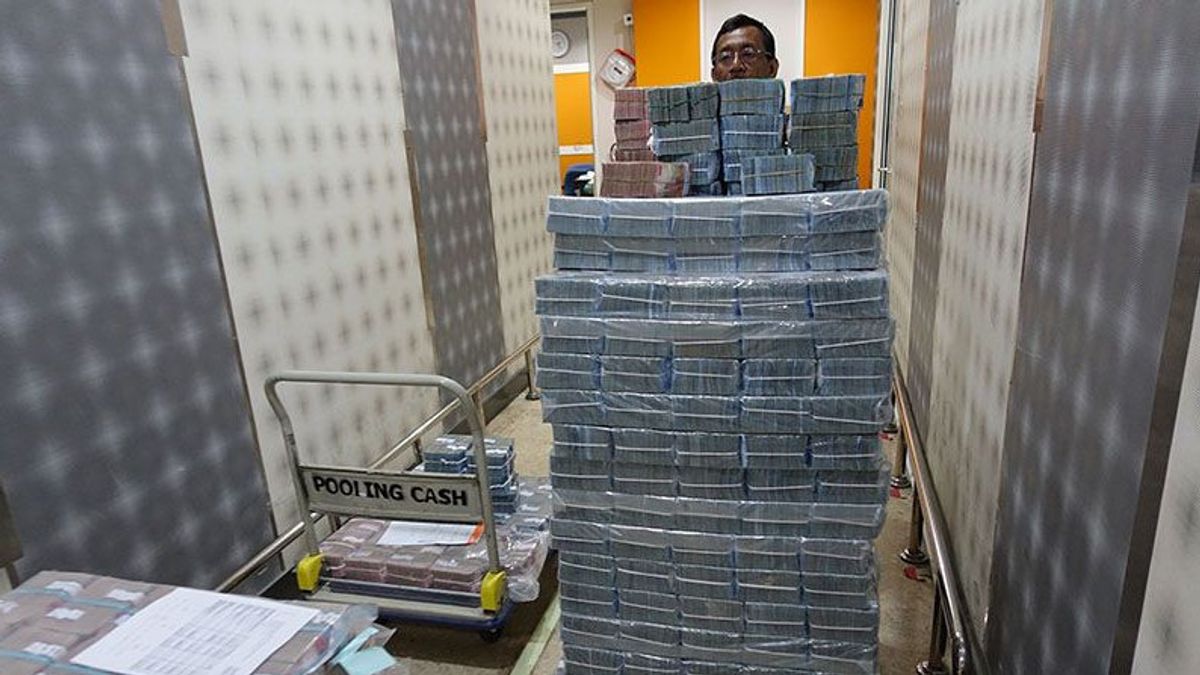JAKARTA - Bank Indonesia (BI) noted that there was a net outflow of foreign capital amounting to IDR 1.85 trillion from the domestic financial market during this week, to be precise in the period 3-6 July 2023.
"Based on transaction data from 3-6 July 2023, non-residents in the domestic financial market net sales of IDR 1.85 trillion," said Executive Director of the BI Communications Department, Erwin Haryono, in an official statement in Jakarta, Saturday, July 8.
The net outflow of foreign capital came from the Government Securities (SBN) market worth IDR 2.44 trillion. However, there was foreign capital entering the stock market amounting to IDR 590 billion, making the net outflow of foreign capital only IDR 1.85 trillion.
However, from January 1 2023 to July 6 2023, there was still recorded net inflow of foreign capital in the SBN market amounting to IDR 80.56 trillion, and in the stock market amounting to IDR 13.88 trillion.
Due to the outflow of foreign capital, the rupiah exchange rate was recorded to have opened lower to IDR 15,100 per US dollar on Friday 7 July compared to the position at the close of trading on Thursday 6 July at IDR 15,040 per US dollar.
اقرأ أيضا:
Meanwhile, the US dollar index (DXY) weakened to 103.17. The US dollar index is an index that shows the movement of the dollar against six other major national currencies, namely the euro, Japanese yen, British pound, Canadian dollar, Swedish krona and Swiss franc.
Apart from that, Erwin revealed that the 10-year tenor Indonesian SBN yield rose to 6.22 percent on the morning of Friday 7 July from 6.18 percent at the end of Thursday 6 July.
The yield level on Indonesian debt securities is more attractive and far from the yield on United States debt securities or the 10-year UST Treasury Note, which also rose to 4.029 percent.
Meanwhile, Indonesia's 5-year investment risk premium (credit default swap/CDS) rose to 87.09 basis points (bps) as of July 7 2023 from 83.13 bps as of June 30 2023.
BI continues to strengthen coordination with the government and related authorities and optimize policy mix strategies to maintain macroeconomic and financial system stability to support further economic recovery.
The English, Chinese, Japanese, Arabic, and French versions are automatically generated by the AI. So there may still be inaccuracies in translating, please always see Indonesian as our main language. (system supported by DigitalSiber.id)


















